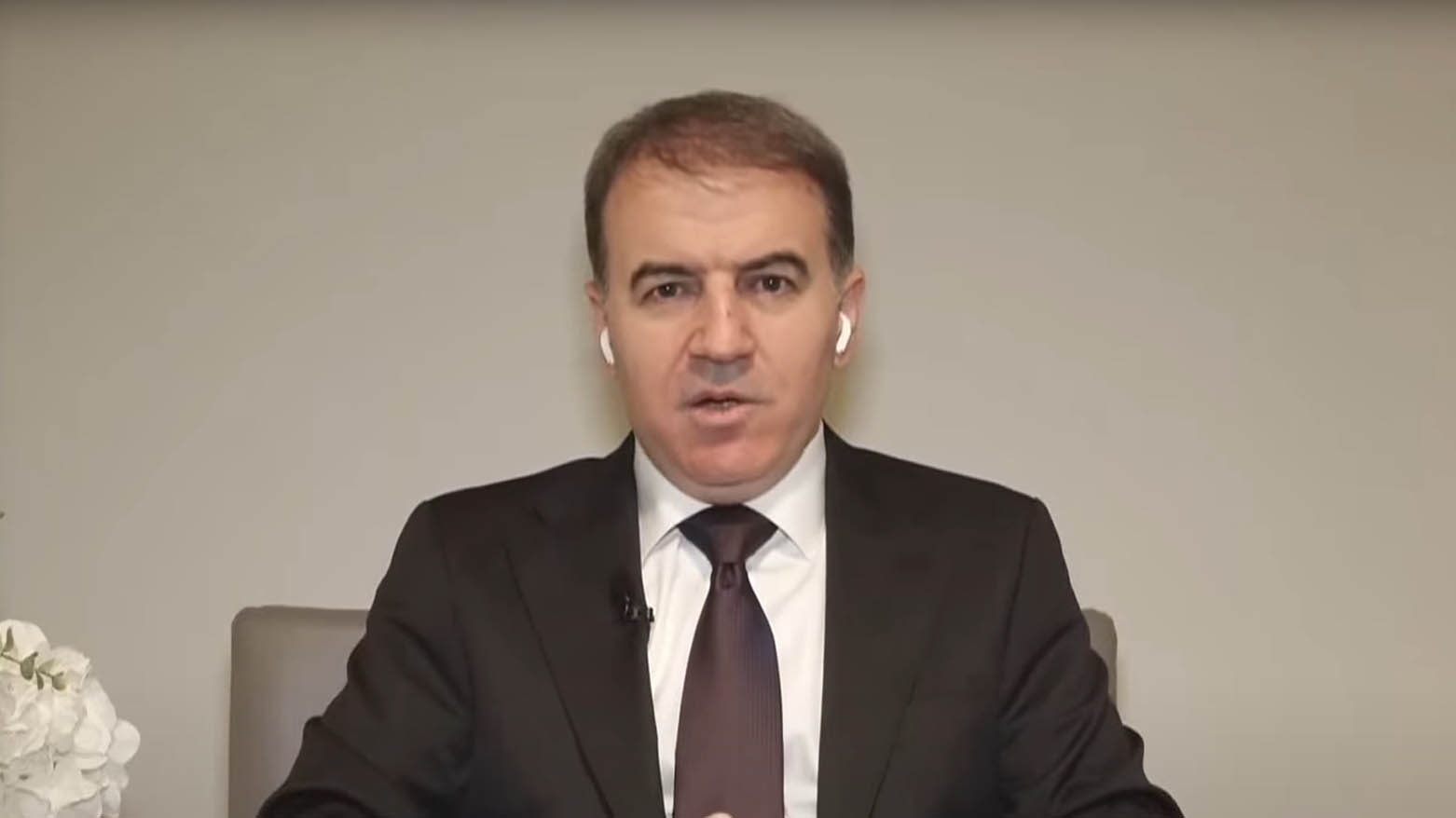Hemin Hawrami: Kurdistan Region Holds Strategic Geopolitical Importance for the U.S.
Hawrami highlighted that both Republican and Democratic lawmakers view the Kurdistan Region as a crucial partner, particularly in counterterrorism efforts, the evolving situation in Syria, and maintaining balance in the Middle East.

Feb. 11, 2025
ERBIL (Kurdistan24) – Head of the Kurdistan Democratic Party (KDP) Organizational Bureau, Hemin Hawrami emphasized that U.S. government officials and members of Congress share a unified and positive stance toward the Kurdistan Region, recognizing its strategic geopolitical significance.
Speaking to Kurdistan 24 following his visit to Washington, Hawrami highlighted that both Republican and Democratic lawmakers view the Kurdistan Region as a crucial partner, particularly in counterterrorism efforts, the evolving situation in Syria, and maintaining balance in the Middle East.
“The purpose of the visit was to deliver the Kurdistan Region’s leadership message to U.S. officials and convey President Masoud Barzani’s perspective to the new administration under President Donald Trump,” Hawrami stated.
He further noted that U.S. officials expect the Kurdistan Region to play an even greater role in shaping regional developments.
During meetings with American policymakers, Hawrami said discussions reaffirmed Kurdistan’s influence in Syria, particularly President Barzani’s role in fostering dialogue between Kurdish political factions.
U.S. Role in Erbil-Baghdad Relations and Economic Growth
In a lecture at the American University in Washington, Hawrami stated that the United States can play a significant role in fostering closer ties between Erbil and Baghdad while also encouraging greater investment in Kurdistan.
“One of the key challenges for Kurdistan is creating 80,000 job opportunities annually, but this remains difficult due to ongoing disputes with Baghdad,” he explained.
Hawrami stressed the need to reform the private sector to generate economic growth, urging the U.S. to increase investment in Kurdistan to help overcome these challenges.
He attributed the longstanding disputes between Erbil and Baghdad to Baghdad’s centralized mindset, which he said consistently disregards constitutional provisions.
“There are 55 articles in the Iraqi Constitution concerning federalism and resource distribution, yet the federal government either violates them or fails to implement them,” he said. “Simply put, they do not want Kurdistan to prosper.”
Hawrami also pointed out the lack of Kurdish representation in Iraq’s Ministry of Defense, noting that out of 220 positions, not a single one is held by a Kurd.
Similarly, he highlighted that while the federal government has hired nearly a million employees, Kurdistan Region has received no fair share of these positions.
Furthermore, he accused Baghdad of weaponizing the Federal Supreme Court against Kurdistan, particularly in disputes over oil and gas laws that have remained unresolved since 2007.
“We believe the United States can play a crucial role in resolving the issues between Erbil and Baghdad,” Hawrami said, stressing the importance of stronger ties to improve Iraq’s overall infrastructure and economic stability.
He also revealed that Baghdad’s refusal to pay Kurdistan its rightful $10 billion from oil revenues has resulted in Iraq losing $23 billion over the past two years.
“Our goal is to establish a successful and stable relationship with both Iraq and the United States,” Hawrami concluded.